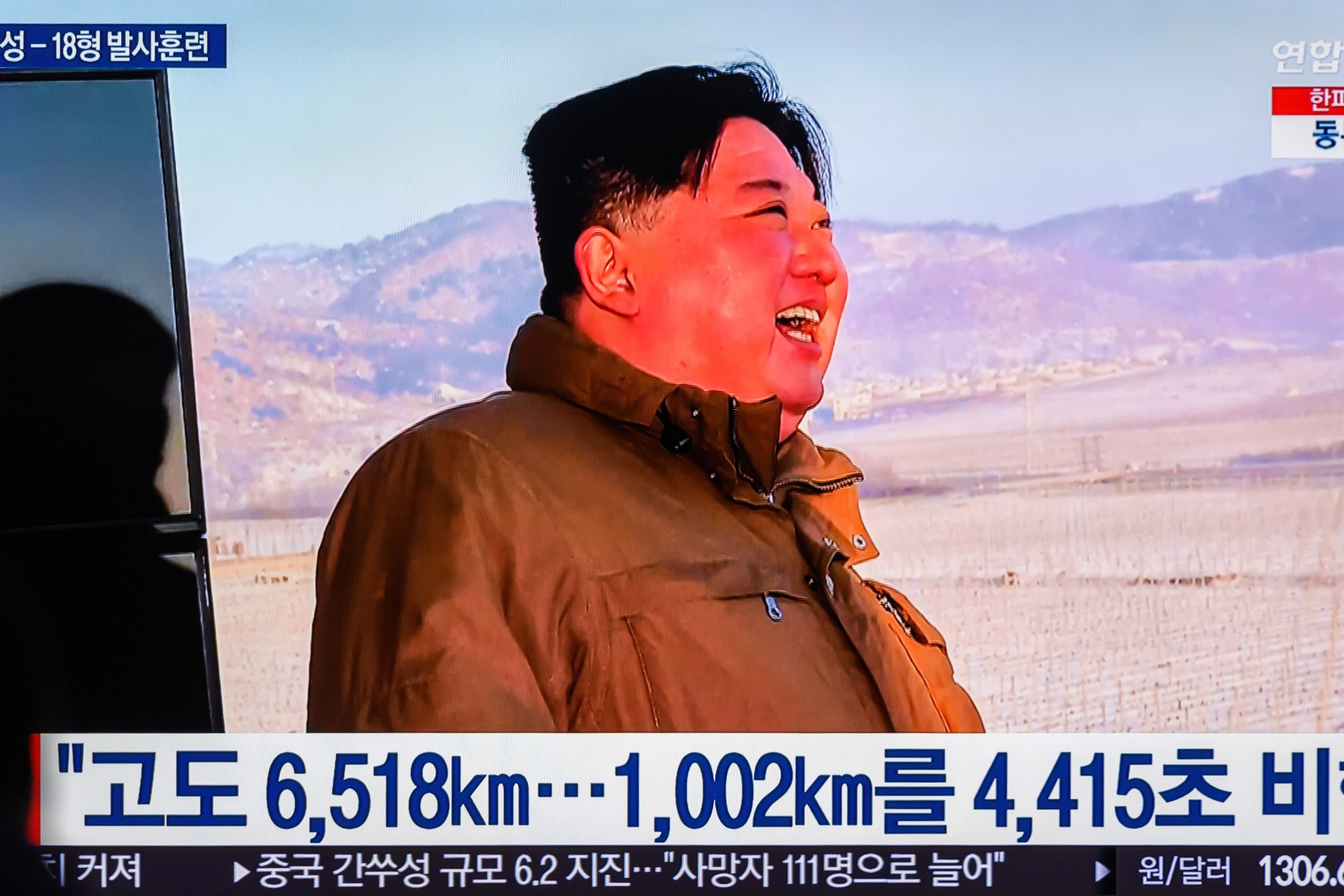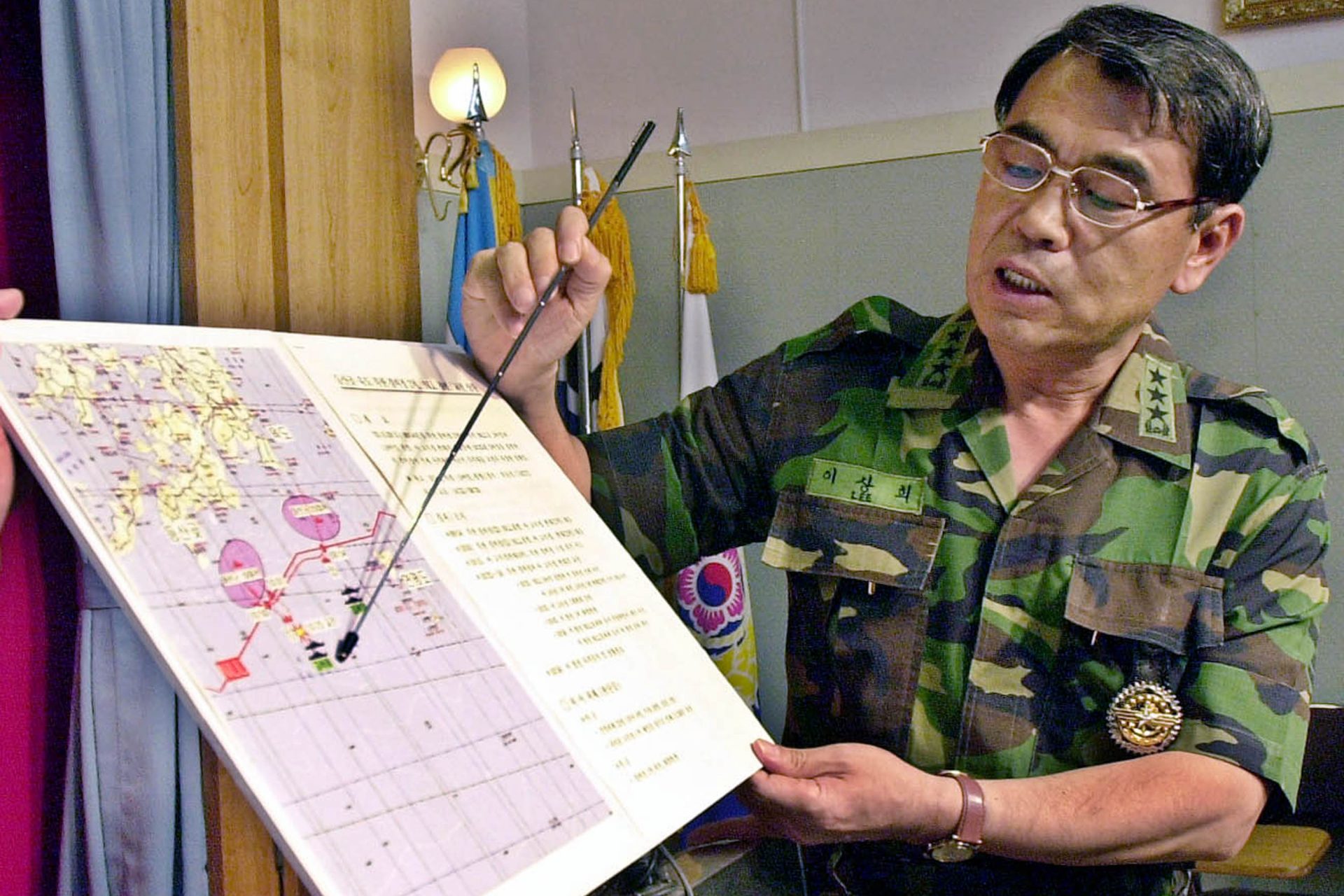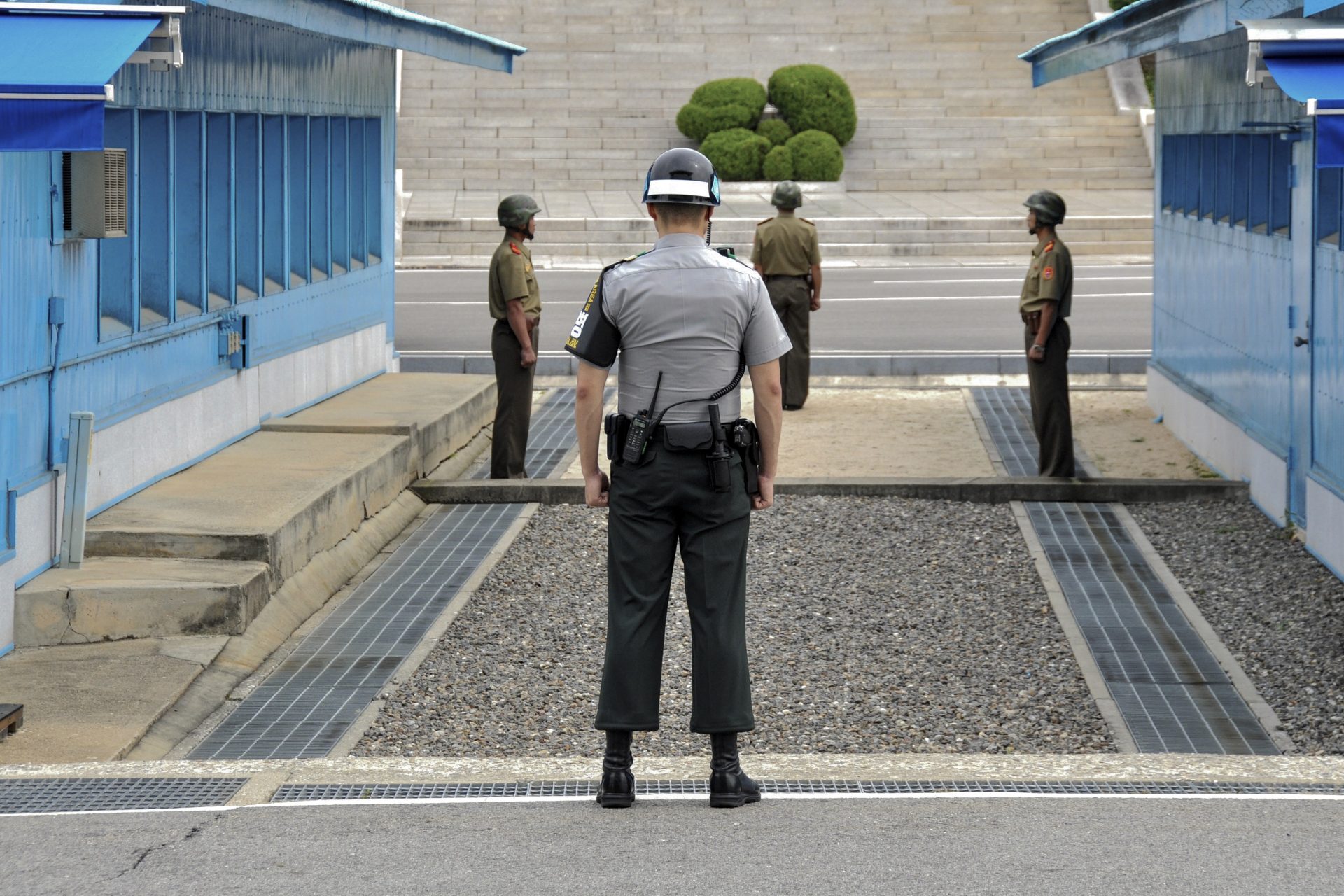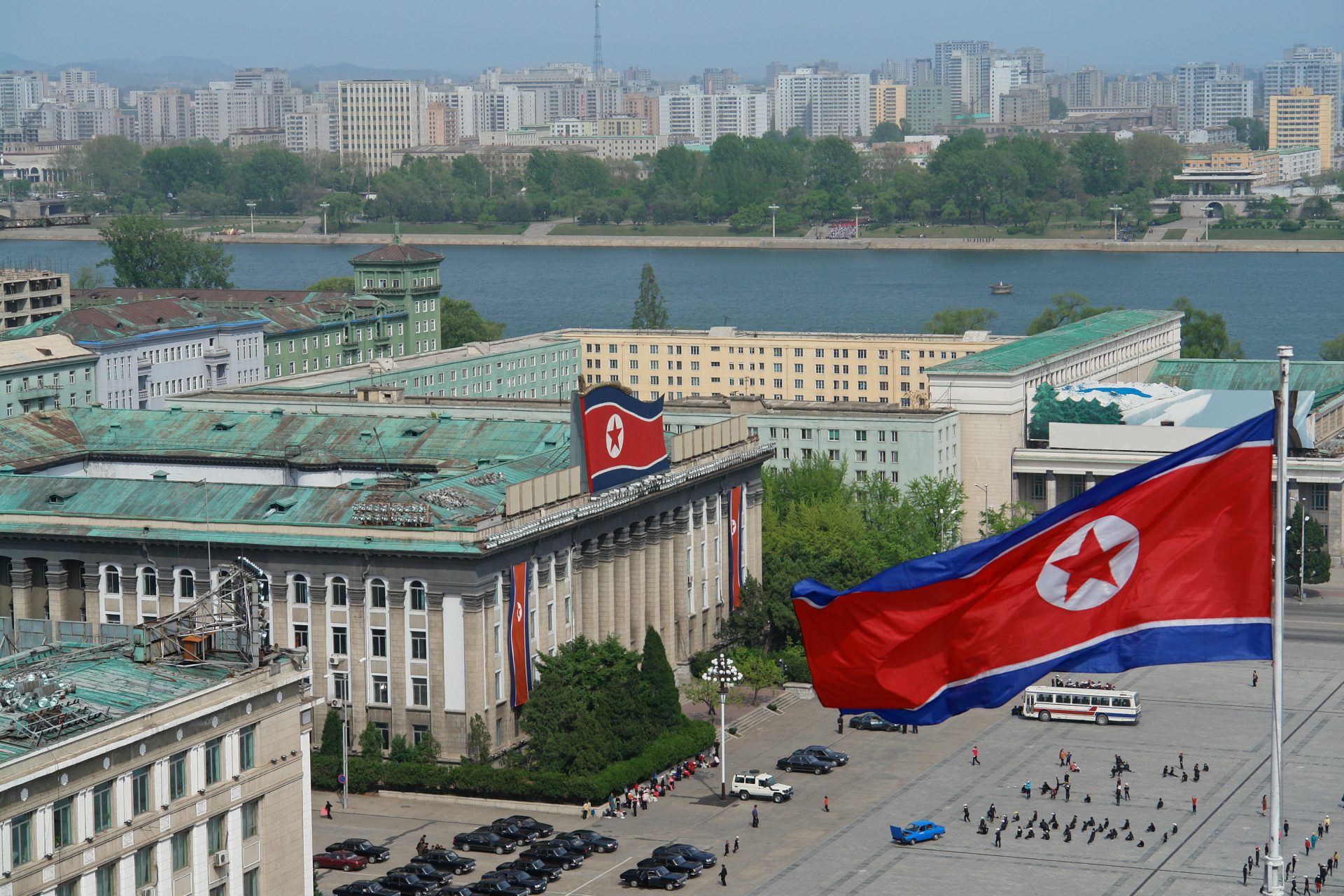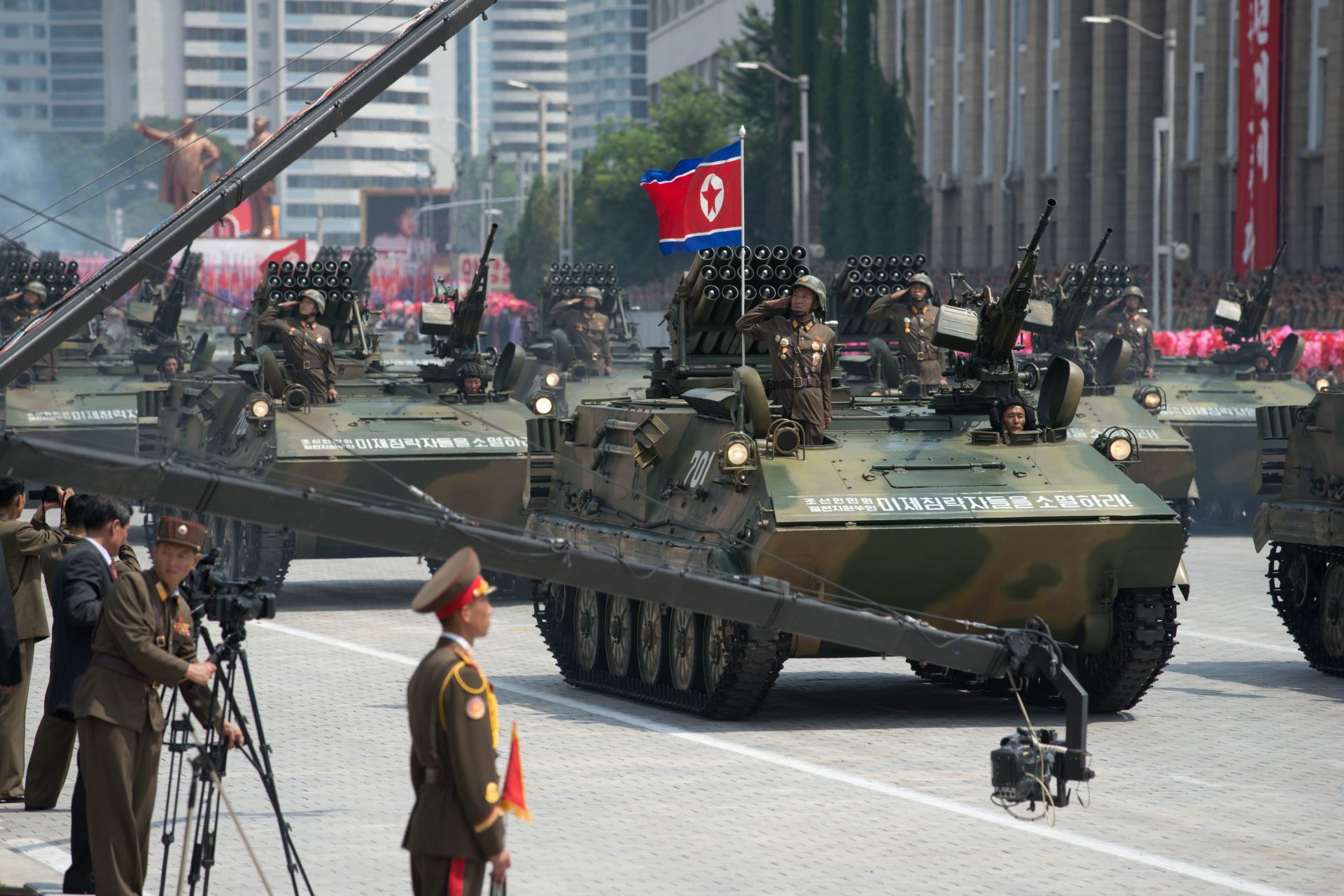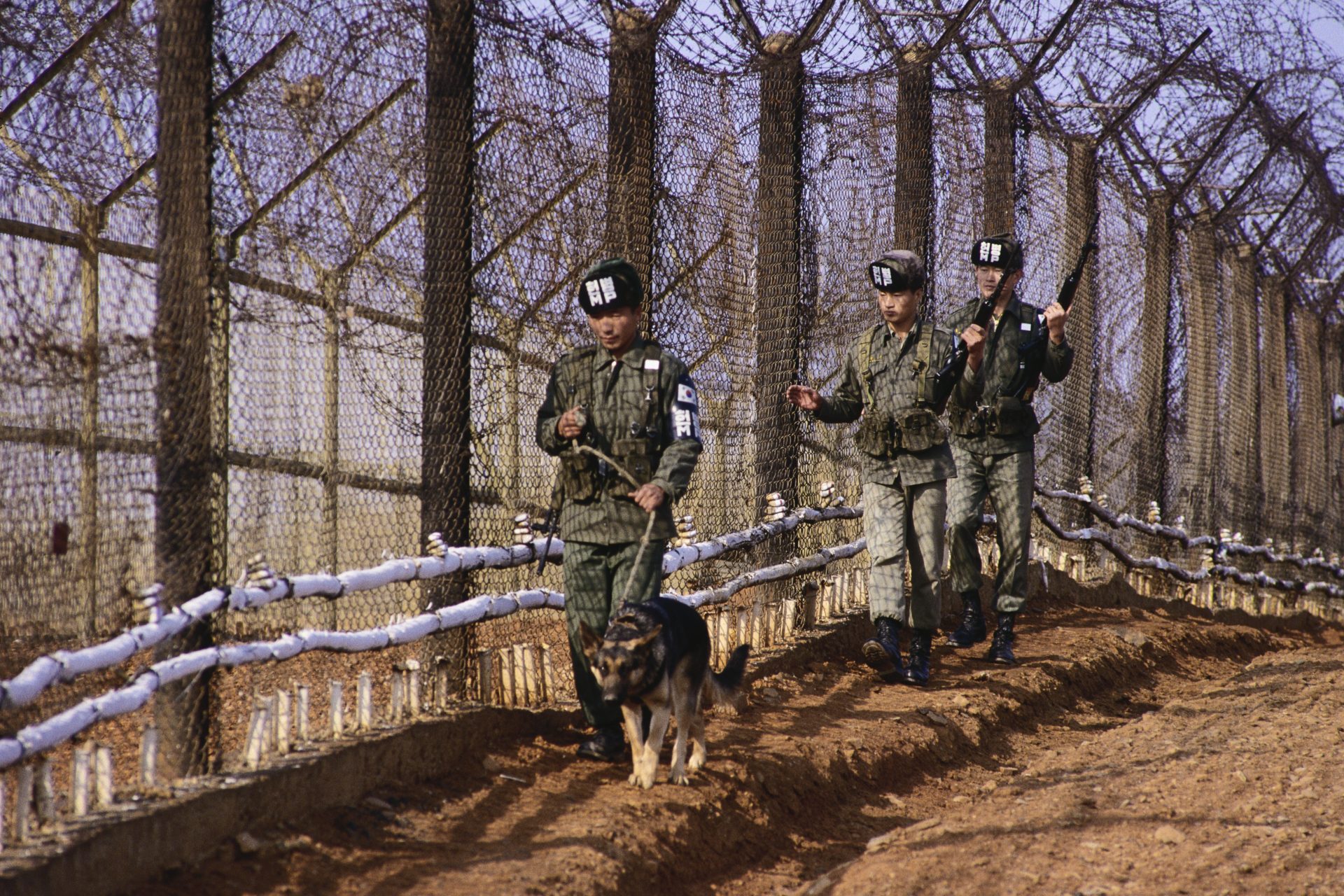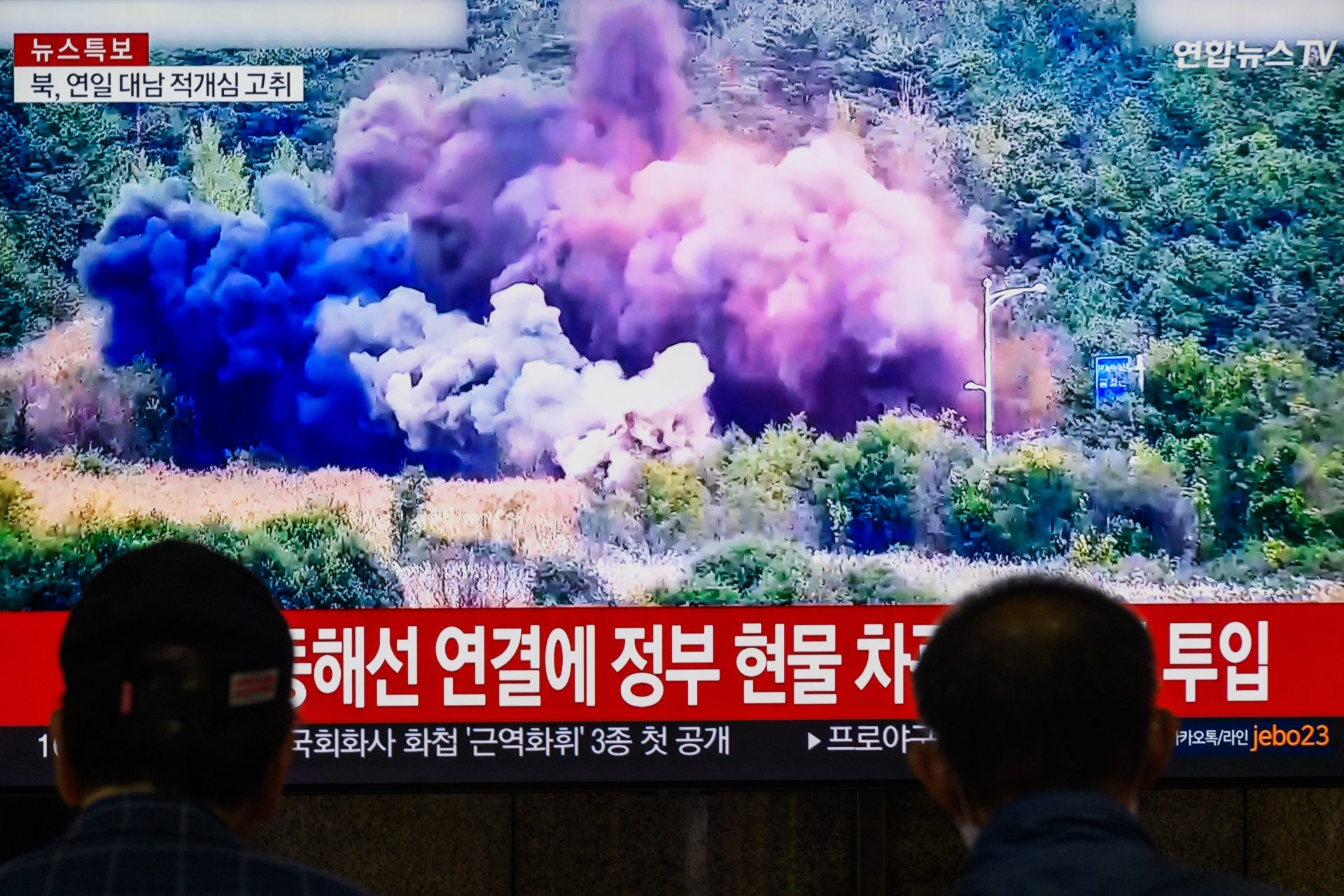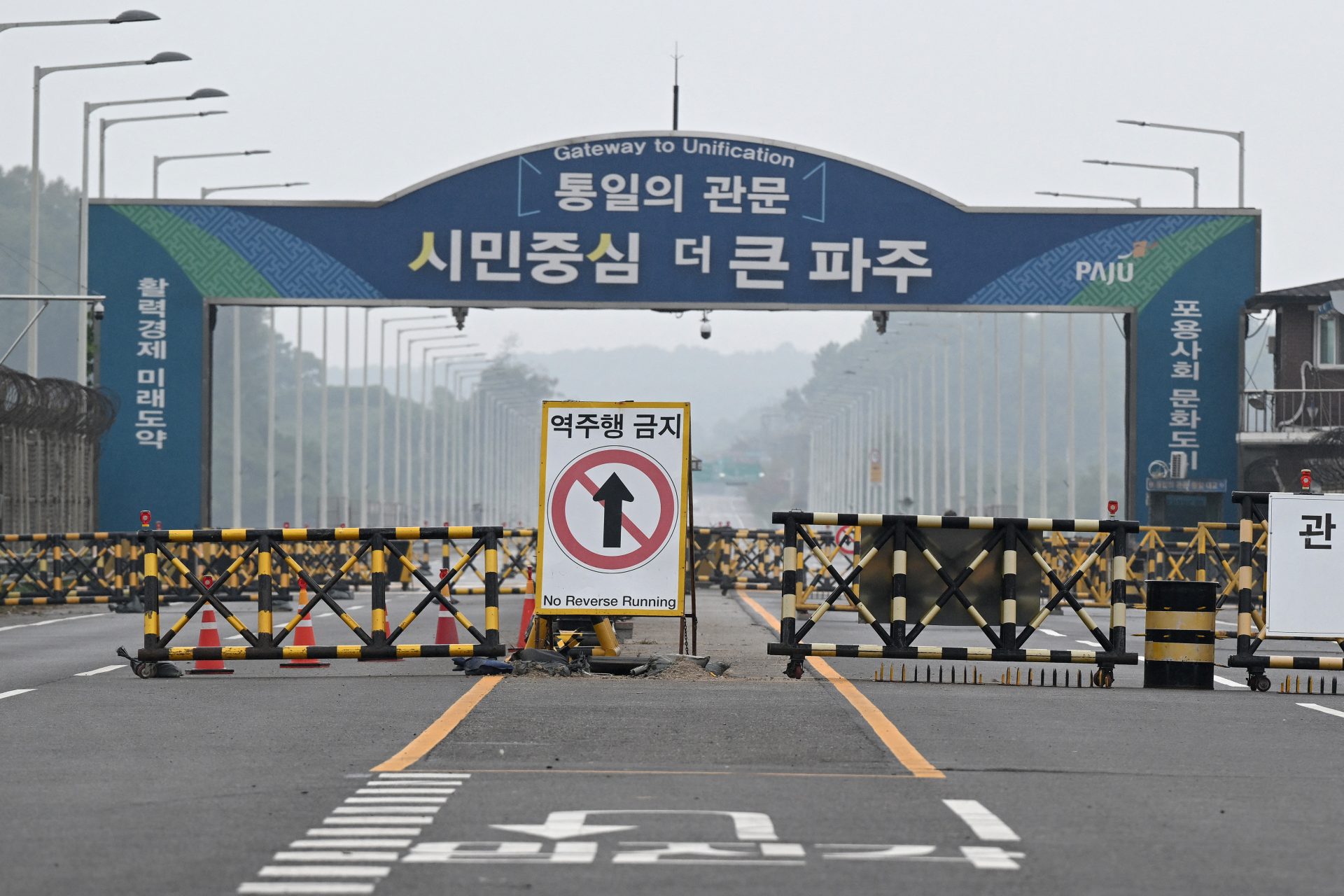North Korea's latest provocation against South Korea is causing tensions to soar
Tensions between North and South Korea have escalated recently, following a brief period of decreased hostilities during Donald Trump's presidency in the United States.
From bizarre situations such as trash balloons being dropped on the South by the North to more worrying problems like Pyongyang’s successful launch of new spy satellites into orbit, tensions on the Korean Peninsula are heating up.
One of the latest provocations from North Korea against its southern neighbors came in the form of a change to the North’s constitution, which now defines South Korea as “a hostile state” for the first time in the country’s history.
According to the Associated Press, in January 2024, North Korean leader Kim Jong-Un previously ordered the country’s parliament to rewrite its constitution to eliminate one of the provisions that sought a peace reunification with the South.
“It’s the clearest sign yet of how far inter-Korean relations have fallen since February 2019, when Kim’s nuclear diplomacy with former U.S. President Donald Trump imploded in Hanoi, Vietnam,” wrote Kim Tong-Hyung and Jiwon Swong, at the time.
“The animosity that followed that highly public setback has been accompanied by an accelerated, and unprecedented, expansion of Kim’s nuclear arsenal and by repeated threats of nuclear war against Washington and Seoul,” Tong-Hyung and Swong added.
North Korea’s parliament took two days to make Kim’s ordered changes to the nation’s constitution official. The news of South Korea’s new status in the North came just two days after Pyongyang demolished road and rail links between the countries.
The North Korean state-run Korean Central News Agency (KCNA) noted on October 17th that the move was “an inevitable and legitimate measure taken in keeping with the requirement of the DPRK constitution which clearly defines the ROK as a hostile state.”
The Associated Press noted that the abbreviation DPRK stands for the Democratic People’s Republic of Korea, which is the official name of North Korea, whereas ROK means the Republic of Korea, the formal name for South Korea.
The KCNA report didn’t provide any further details on North Korea’s new constitution. The Carnegie Endowment for International Peace’s Ankit Panda noted: “There may still be an internal propaganda review underway about the appropriate way to disclose the constitutional revisions, but this confirmation was expected.”
The South Korean Unification Ministry previously denounced North Korea’s destruction of road and rail links between the countries, which at the time the North said was done to “completely separate" the two nations according to Yonhap News.
"We strongly condemn North Korea's measure as an anti-unification and anti-national act that spurns aspiration for unification by our people and residents in North Korea," the ministry said according to Yonhap News.
More for you
Top Stories



